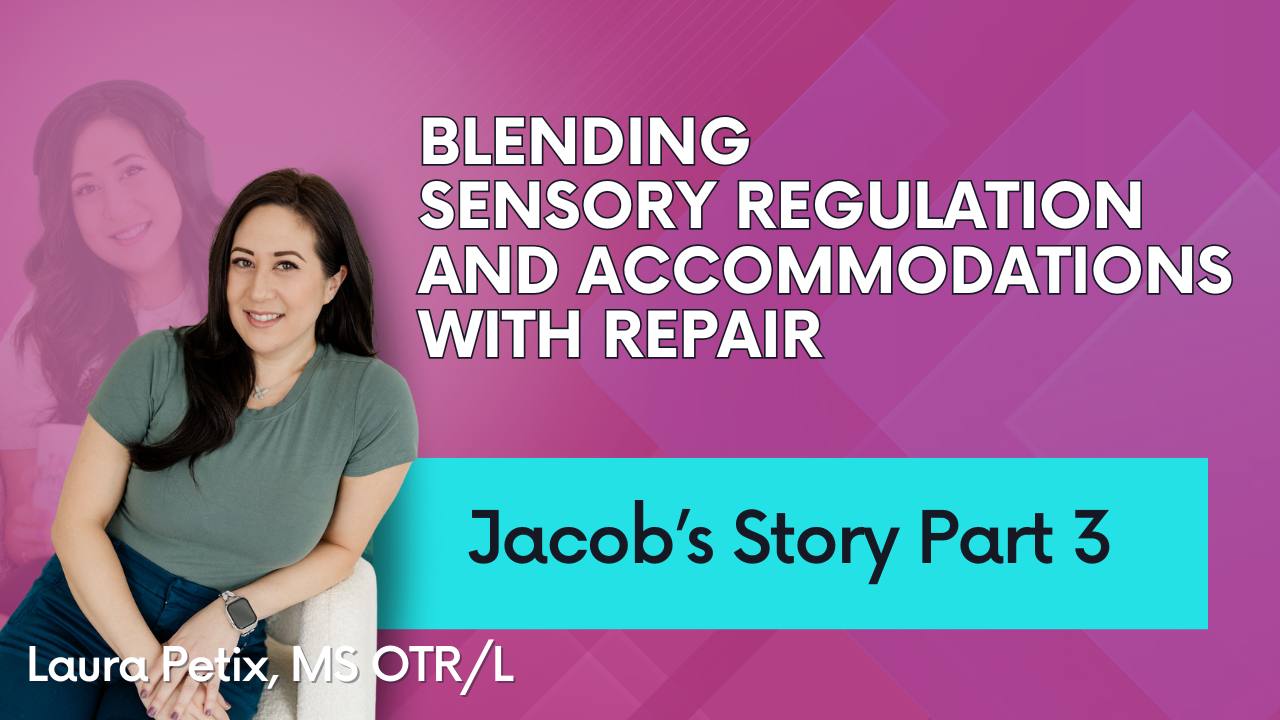“He doesn’t need accommodations… he’s too smart”

Welcome to the final chapter of Wesley’s story.
As a reminder, these case-studies are inspired by real-life clients I have worked with, with permission from their parents to share. Some aspects of the case are authentic, and other details are added to include more variability for our discussions. None of the strategies and advice here substitutes medical advice, diagnosis or intervention with an Occupational Therapist.
🌟Click here to catch up on Wesley's story and learn about other case studies
Last week, Caitlin shared some great examples of differentiation in a general education classroom to be more inclusive for gifted learners.
Caitlin’s information is even more helpful now that we know more about Wesley—because his mom shared an update with us! She shared:
We did some educational testing and established that he's quite gifted academically, so have been working with teachers and admins to better meet his needs in that dimension, and he's settled in socially and made a really strong group of friends…The giftedness piece has felt like a really useful avenue…He also gets a LOT of physical exercise… and real play time in the mix, all of which combine to make him a regulated and thriving child a much greater proportion of the time.
With a combination of classroom accommodations, differential learning, becoming more acclimated to the new school after the transition and more accessible sensory strategies embedded in his day, Wesley has been thriving!
This perspective—that even academically advanced children need classroom accommodations—is not talked about enough. I actually heard it recently, when a parent asked me for advice on how to advocate for her child’s accommodations in the classroom because they were being denied by the teacher who says “they don’t need accommodations, they’re too smart for that.”
Not only is this line of thinking (that the need for accommodations equates to not being intelligent) completely incorrect, it’s also discriminatory and ableist. Accommodations exist to level the playing field for students who are at a disadvantage due to a combination of their own disability, or neurodivergent traits that don’t align with the neurotypical functioning demanded of them from the environment. And giftedness is a form of neurodivergence.




